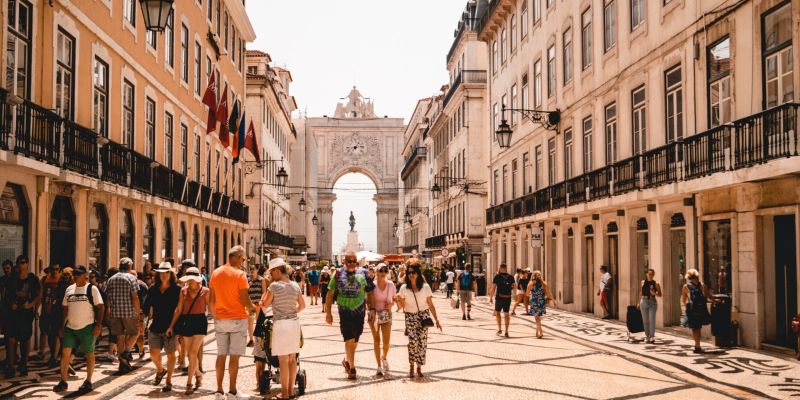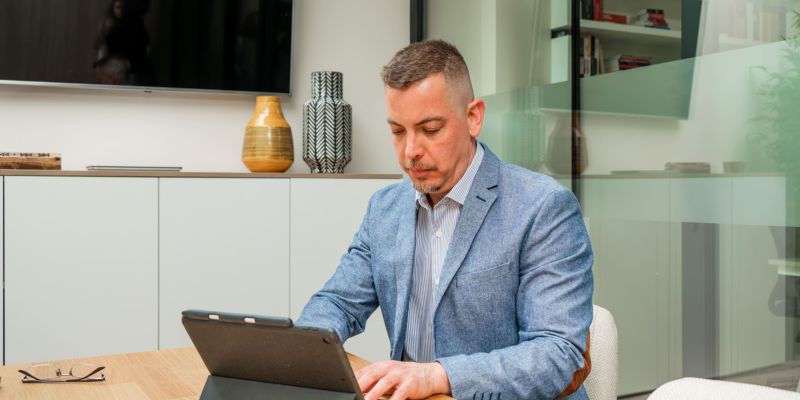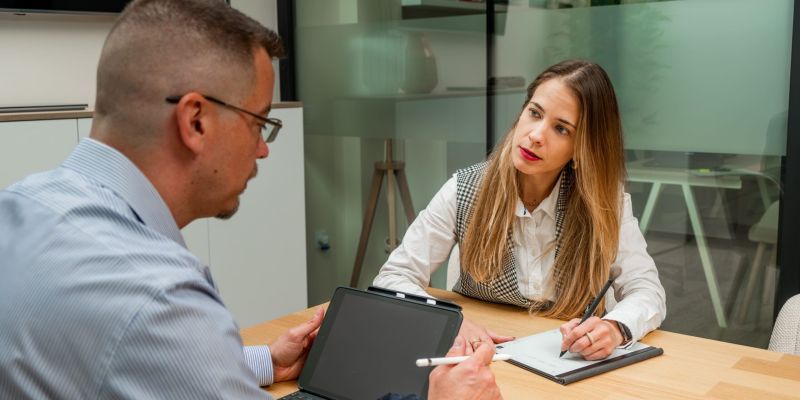
Portuguese nationality for grandchildren of Portuguese nationals: when is it possible?
A significant number of Brazilians are entitled to Portuguese nationality, including great-grandchildren, grandchildren and children of European immigrants. This right brings numerous advantages, such as easy access to European Union countries and other benefits associated with Portuguese citizenship.
Portuguese law recognizes as Portuguese any person who, being the child of a Portuguese father or mother, expresses the wish to be a citizen, even if they were born abroad.
For more details on who is entitled to Portuguese citizenship, see the specific content on our website. This article focuses on the grandchildren of Portuguese citizens, offering a complete guide to the process of obtaining nationality.
Who is entitled to Portuguese nationality as a grandchild?
To start the process, you need to prove that you are the grandchild of a Portuguese citizen, in accordance with current legislation. This means that one of your grandparents must be Portuguese and that they must not have lost their Portuguese nationality, even if they are deceased. In addition, neither the applicant nor their descendants may have been adopted or have parentage established after the age of majority.
Exception: When parentage is established at the age of majority, original nationality can only be attributed in cases where the establishment of parentage occurs as a result of legal proceedings or when it is the subject of recognition in a legal action, after the judgment has become final, without prejudice to the provisions on the review of foreign decisions.
In this case, attribution must be requested within three years of the final decision recognizing paternity).

Legislation and changes to nationality law for grandchildren
In 2017, there was a significant change in the Portuguese Nationality Law, making the process easier for grandchildren of Portuguese citizens. Since 2020, it has been enough to prove knowledge of the Portuguese language, family ties and meet requirements such as having no criminal record and not posing a threat to national security.
Obtaining nationality for grandchildren is now done by attribution, which means that the citizen is considered Portuguese from birth and can pass on this right to their descendants. Processes prior to this change, which resulted in naturalization, do not allow the transmission of nationality to descendants of legal age. However, it is possible to convert derived nationality into original in these cases, allowing transmission to descendants.
What is the process for Portuguese nationality for grandchildren?
The first step is to collect the documents of the Portuguese citizen, your grandfather or grandmother. With these documents, the process can be carried out both abroad and in Portugal. For greater efficiency and precision, the help of a specialized nationality consultancy is recommended.
Search for certificates
Specialized advisors can search for the necessary documents in both countries. It will be necessary to provide basic data on family members, and the search can be more complex if information is missing. Birth or baptism certificates are sought from registry offices abroad and from parishes and churches in Portugal. After gathering all the documents, a dossier is created and the process is filed in Portugal.
Required Documents
According to the consulate, the essential documents include:
- Portuguese ancestor’s full reprographic and typed birth certificate.
- Full, reprographic and typed birth certificate of the Portuguese citizen’s child.
- Full, reprographic and typed birth certificate of the Portuguese citizen’s grandchild.
- Marriage certificates, if necessary.
- Portuguese language test (not necessary for Brazilians).
- Criminal record certificates from all countries where the applicant has resided after the age of 16.
- Certified copy of identity card (RG).
Specifics of the documentation
Birth certificates of the Portuguese grandfather or grandmother are essential. Make sure you provide accurate information about your place and date of birth to make it easier to locate the records in Portugal. All documents, including certified copies, must be apostilled with the Hague Apostille seal in order to be valid abroad.
What if the parents don’t have nationality or are deceased?
If the applicant’s parents have not acquired nationality or are deceased, the right to Portuguese nationality can still be obtained by attribution.
If the parents are alive, they can also choose to apply for nationality by filiation and then the children will have two possibilities: to apply by filiation or by grandchildren.
Process completion time
The time it takes to complete the Portuguese nationality process varies according to the case and the government’s schedule for judging the cases. Cases handled directly in Portugal by specialized attorneys tend to be quicker, and cases that have been instructed with the expertise of professionals who have mastered nationality law tend not to be delayed by requirements that could have been avoided.
Fees
For adults, the fee charged by the Portuguese government to receive the file is approximately 175 euros (around R$1,500), and for minors it is free.
Conversion of nationality
Those who acquired Portuguese nationality before the changes in the law can convert the acquisition into attribution, a process known as convolação. This process allows grandchildren to pass on their nationality to their adult descendants. The conversion requires the presentation of specific documents.
Conclusion
If you are considering obtaining Portuguese nationality as the grandchild of a Portuguese citizen, it is highly recommended that you seek specialized professional advice. An experienced lawyer will be able to help you better understand the process, ensure that all requirements are met and provide personalized assistance at every stage of the procedure, avoiding unnecessary delays and/or undesirable results.
Obtaining Portuguese nationality may seem complex, but with the right support, you can navigate this process smoothly and efficiently. Don’t hesitate to seek professional help to ensure that you comply with local laws and regulations, thus guaranteeing the success of your nationality application.



